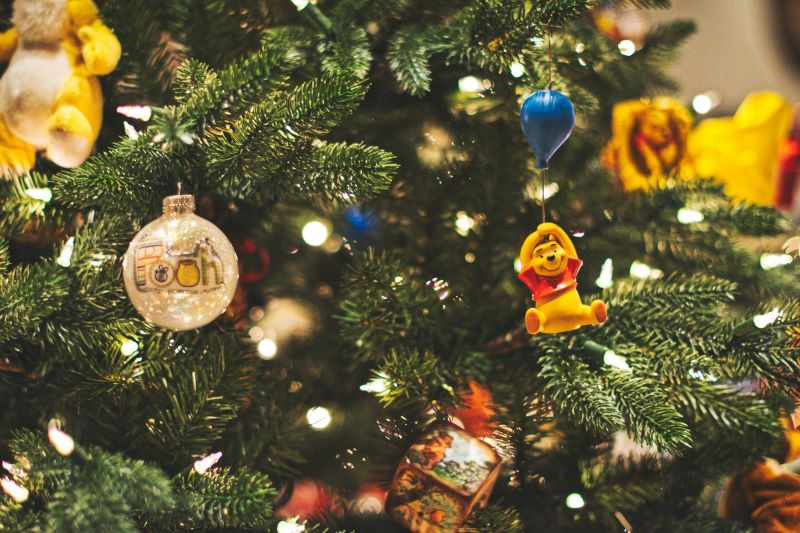
The Psychology of Christmas Cheer: How Traditions and Community Contribute to Happiness
The holiday season is upon us with Christmas just around the corner. Christmas is often referred to as the most wonderful time of the year, and its joy and excitement have a significant impact on our overall well-being. This joy and merriment felt during the Christmas season have been studied by experts, and there is an established science behind it.
One of the primary reasons why Christmas makes us happy is the act of giving. Giving gifts to our loved ones can bring us an abundance of happiness. According to a study conducted by the National Institutes of Health, the act of giving stimulates the mesolimbic pathway, which is the brain’s reward center. When we give gifts, the brain releases feel-good chemicals like serotonin and dopamine, which enhance our overall mood.
Another reason why Christmas makes us happy is the act of gratitude. The Christmas season is a time of appreciation and thankfulness, and expressing gratitude can improve our overall sense of well-being. Studies have shown that people who practice gratitude by keeping a gratitude journal or expressing gratitude often are happier, have a more optimistic outlook on life, and enjoy better relationships. During the Christmas season, people often take time to appreciate the blessings in their lives, and this helps to increase their feelings of joy and happiness.
The Christmas season is also associated with memories of past happy times. The sights, sounds, smells, and tastes of Christmas can transport us back to happy moments from our childhood or memories with loved ones. According to research, reminiscing about positive events can have a positive impact on our mood, and it can also help bring us closer to the people who were a part of those memories. The nostalgia for Christmas past can make us feel more connected to the people who matter most to us, which can lead to increased happiness.
The Festive Touch: Examining the Role of Decorations in Promoting Holiday Happiness
Decorating during the Christmas season can also bring us joy. Christmas lights, ornaments, and other decorations create a festive atmosphere that can improve our mood. According to a survey conducted by the American Christmas Tree Association, 79% of Americans who decorate for Christmas say that it makes them feel happier. The decor can create a sense of warmth and coziness that is associated with the holiday season.
The music of Christmas is another factor that contributes to our overall happiness during the holiday season. Studies have shown that listening to music can have a positive impact on our mood, and the festive melodies and rhythms of Christmas can enhance this effect. Christmas music has also been shown to evoke positive memories and emotions, which contributes to our overall sense of happiness.
Finally, spending time with loved ones is perhaps the most significant factor that contributes to our happiness during Christmas. The holiday season is a time for family and friends to come together and share experiences, which can improve our relationships and overall sense of well-being. According to a study conducted by the University of Michigan, spending time with loved ones can lead to increased feelings of happiness and contentment.
In conclusion, the happiness that we experience during the Christmas season is not just a random occurrence. There is a science behind it. From the act of giving to expressing gratitude, reminiscing about happy events, decorating, listening to music, and spending time with loved ones, every aspect of the Christmas season has been studied and found to contribute to our overall well-being. This year, let us embrace the science of holiday cheer and enjoy the festive season to the fullest.
